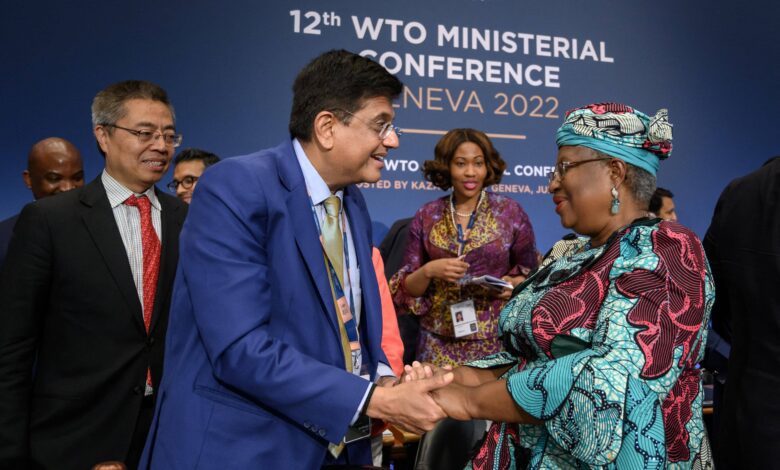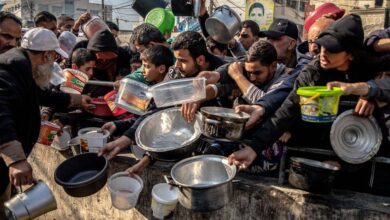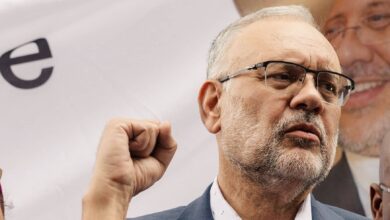
This week, the world’s top trade leaders gathered for serious business – saving the planet while keeping the economy buzzing. But it wasn’t all kumbaya at the World Trade Organization’s conference.
First, the warm fuzzies. The WTO unveiled new rules to cut red tape for cross-border services like banking, lawyering, and more. The goal is to help businesses thrive globally while leveling the playing field. But the details left some key players cold.
India and South Africa refused to sign, saying the WTO needs to focus on reforms the whole class cares about – not just the popular kids up front.
Trade experts agreed the WTO should tackle things like agriculture and bring back its appeals court first.
Meanwhile, the cool kids at the conference – 78 countries minus India – peer pressured each other to stop polluting. They targeted plastic waste choking our oceans and emissions from fossil fuels cooking our planet.
Even plastic-loving countries seemed swayed, vowing more transparency on their plastic footprint. India took some green steps, too – banning single-use plastic last year. But it still scrubs at number five on the global plastic waste list. Changes don’t happen overnight, but baby steps matter.
Fossil fuel subsidies also faced scrutiny, with nations pushing each other to kick the dirty habit. Easier said than done for emerging economies like India that remain hooked on coal and oil to grow.
While the rich kids promised to cut back, India made a modest pledge to go net zero by 2070. With development stakes high, India’s holding out for a hall pass on fossil fuels a little longer.
Trade and climate change make rocky bedfellows. But this WTO summit showed that with compromise and inclusion, common ground exists to pave a clearer path.



